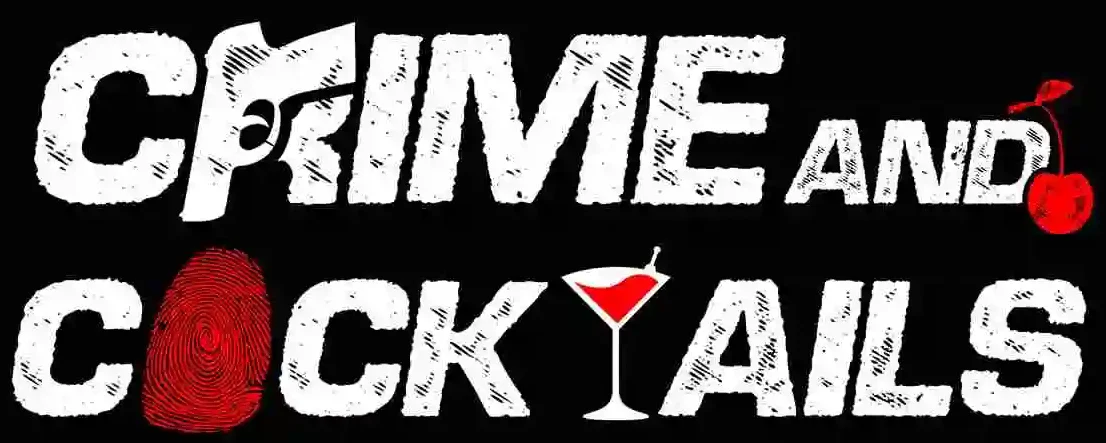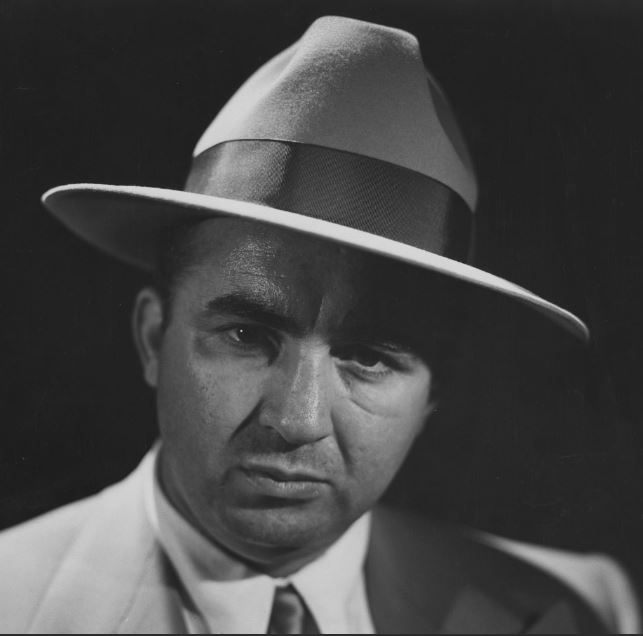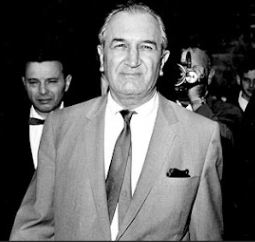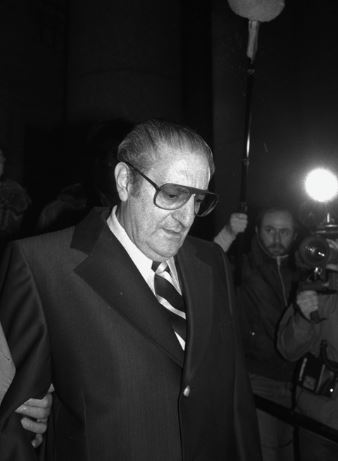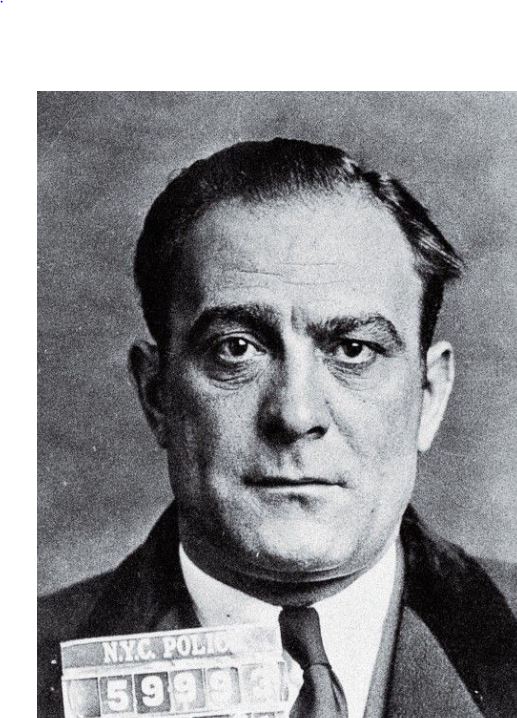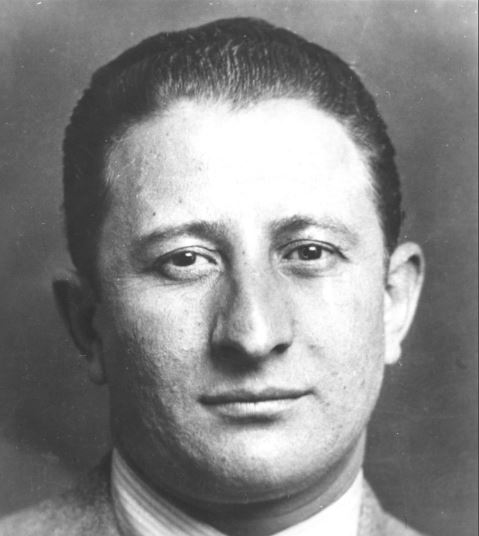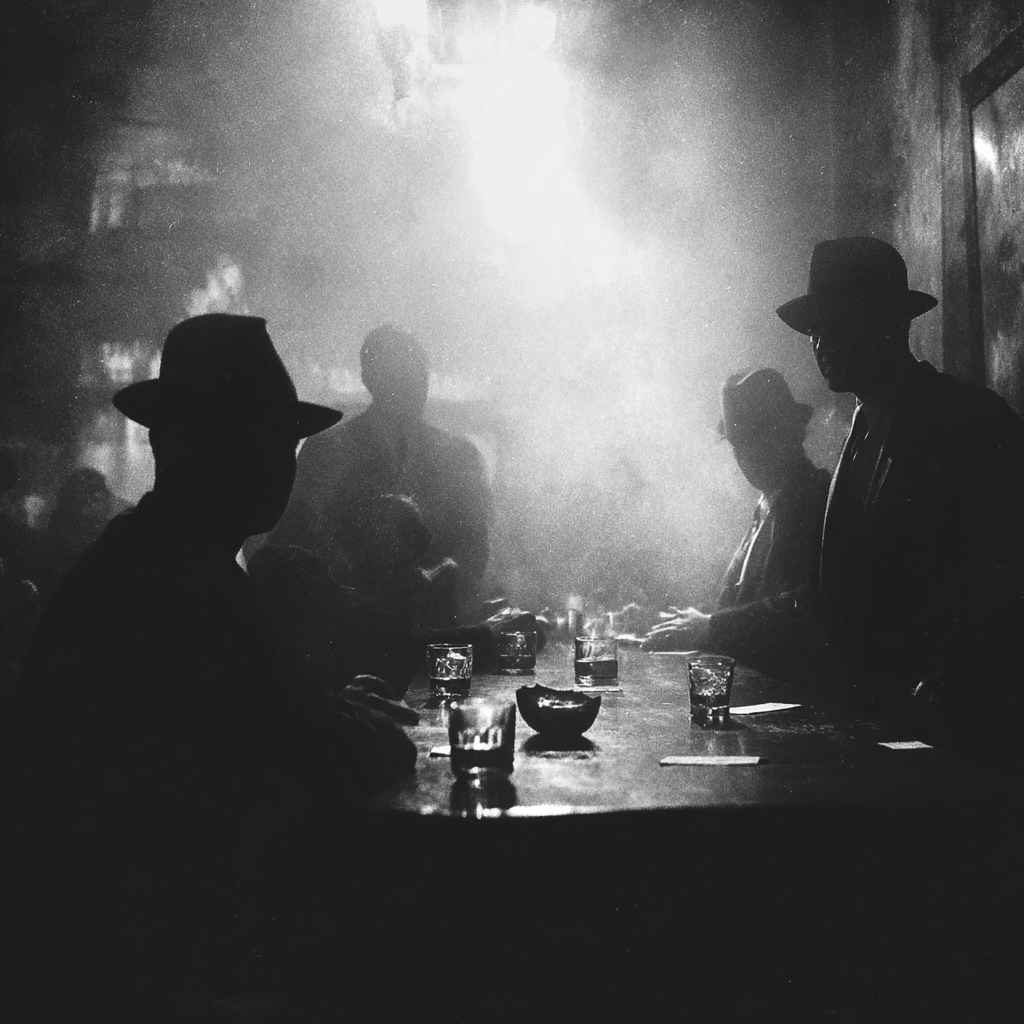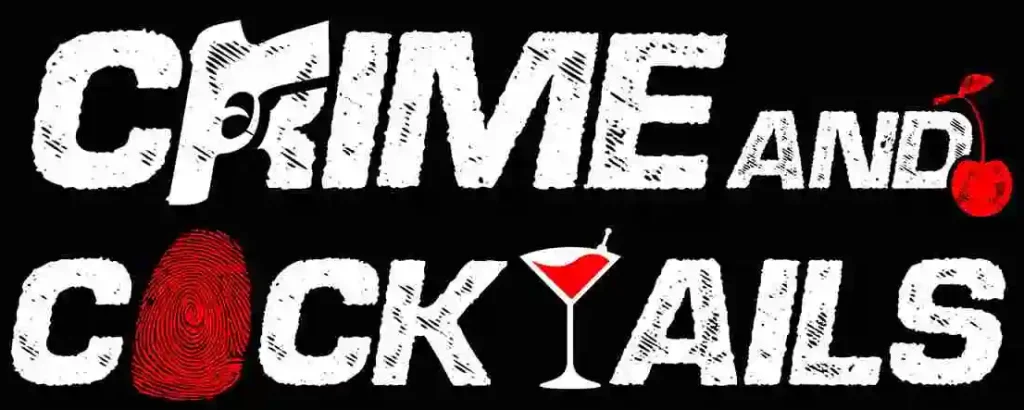In a tale as unexpected as it was fascinating, the infamous Los Angeles racketeer Mickey Cohen and the renowned evangelist Billy Graham formed an unlikely friendship. At the heart of their relationship lay a question that gripped both the media and the faithful: Would Cohen, a man steeped in the shadowy world of organized crime, embrace Christianity and leave his past behind? The answer, much to Graham’s dismay, would forever remain elusive.
A Gangster Meets a Preacher
By the mid-1950s, Mickey Cohen was at a crossroads. Fresh out of prison for tax evasion, he was attempting to distance himself from his notorious past. He dabbled in horticulture, founding Michael’s Greenhouses, Inc., and presented himself as a reformed man. Despite these efforts, the allure of his criminal legacy—and his celebrity status—kept him in the public eye.
It was during this period that Cohen reconnected with Billy Graham, a towering figure in evangelical Christianity who had first approached him in 1949. Graham, ever the optimist, saw Cohen as a potential symbol of redemption. If a man like Cohen could find salvation, Graham believed, it would send a powerful message to sinners everywhere.
The fascination was mutual. Cohen admired Graham’s charisma and moral conviction, even as he struggled to reconcile his criminal past with the preacher’s teachings. Cohen invited Graham to his home for hot chocolate and cookies, eschewing whiskey and gefilte fish for what he deemed a more appropriate meeting with a man of God. The two were an unlikely pair: the short, stocky gangster and the tall, blonde preacher, each captivated by the other’s world.
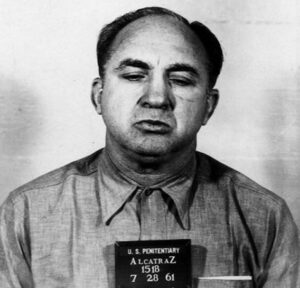
The Public Spectacle
Cohen’s interest in Christianity wasn’t entirely private. He attended Graham’s New York revival at Madison Square Garden in 1957, an event hyped as a potential turning point in his life. Evangelist W.C. Jones, a board member of Graham’s ministry, funded Cohen’s trip, complete with a lavish stay at the Waldorf Astoria. The media buzzed with anticipation, speculating whether Cohen would publicly declare his faith and renounce his past.
At the revival, Cohen took the stage briefly, smiling and waving before exiting behind the curtain without a word about conversion. The audience, expecting a dramatic confession, was left bewildered. Graham, though visibly disappointed, maintained his composure, telling reporters he hadn’t given up on Cohen’s potential transformation.
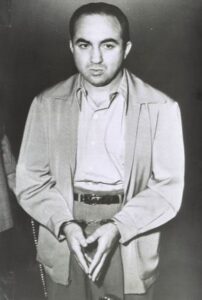
A Friendship Tested
For Graham, Cohen’s conversion represented more than a personal victory; it was a chance to showcase the power of faith in transforming lives. However, Cohen remained hesitant. “I am very high on the Christian way of life,” Cohen told reporters, “but it’s hard for me to say if I’ll be converted.”
Cohen’s reluctance wasn’t just about faith. He famously quipped that if there could be Christian football players and baseball players, why not a Christian gangster? The statement revealed his fundamental misunderstanding—or perhaps rejection—of the transformative demands of Christianity.
Adding to the tension were rumors that Cohen had expected financial compensation for his appearances alongside Graham. Both men denied this, with Graham asserting that he would never pay someone to stage a conversion.
The Media Circus
Cohen’s journey with Graham reached its apex when he appeared on The Mike Wallace Interview, a provocative television show that thrived on controversy. When pressed about his relationship with Graham, Cohen was diplomatic but firm: “I’ve known Billy a long time. Our agreement from the beginning was that he wouldn’t try to convert me. But he certainly has helped me to see the sense of living a right life.”
Cohen admitted that while he admired Graham’s moral teachings, he had no intention of changing his religion. “I was born a Jew and raised a Jew,” he stated, “and I have no intention of changing that.”
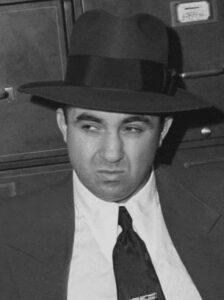
Graham’s Unyielding Hope
Despite Cohen’s firm stance, Graham never gave up hope. He continued to pray for Cohen and expressed his belief that a conversion could ripple through society, curbing crime and inspiring wayward youth. “I have long hoped and prayed Mickey Cohen would give his life to Christ and use his influence to turn the tide of crime and juvenile delinquency in this country,” Graham said.
But Cohen remained steadfast in his resistance, his identity too tied to his past and his heritage to embrace the transformative path Graham envisioned.
A Friendship Without Conversion
The friendship between Billy Graham and Mickey Cohen was a study in contrasts: faith and doubt, hope and cynicism, redemption and resistance. For Graham, Cohen’s conversion was a missed opportunity to demonstrate the power of Christianity. For Cohen, it was a bridge he was unwilling—or unable—to cross.
Their relationship, however, was not without value. It demonstrated the complexities of faith and the human struggle for transformation. While Cohen never became the Christian icon Graham hoped for, their unlikely bond offered a glimpse into the power of friendship to bridge even the widest of divides.
In the end, Cohen’s story serves as a reminder that transformation, whether spiritual or personal, is not something that can be imposed. It must come from within—a lesson that Billy Graham, for all his fervor, may have understood too late.
Penned by the Infamous C.F. Marciano – A Name You Don’t Forget.
